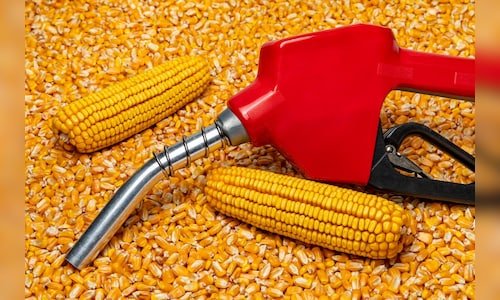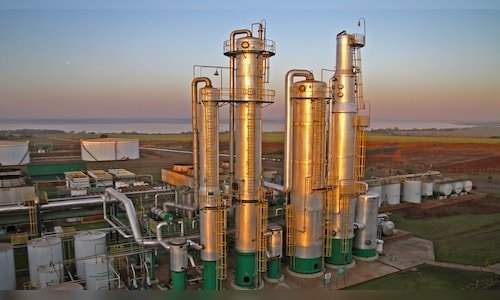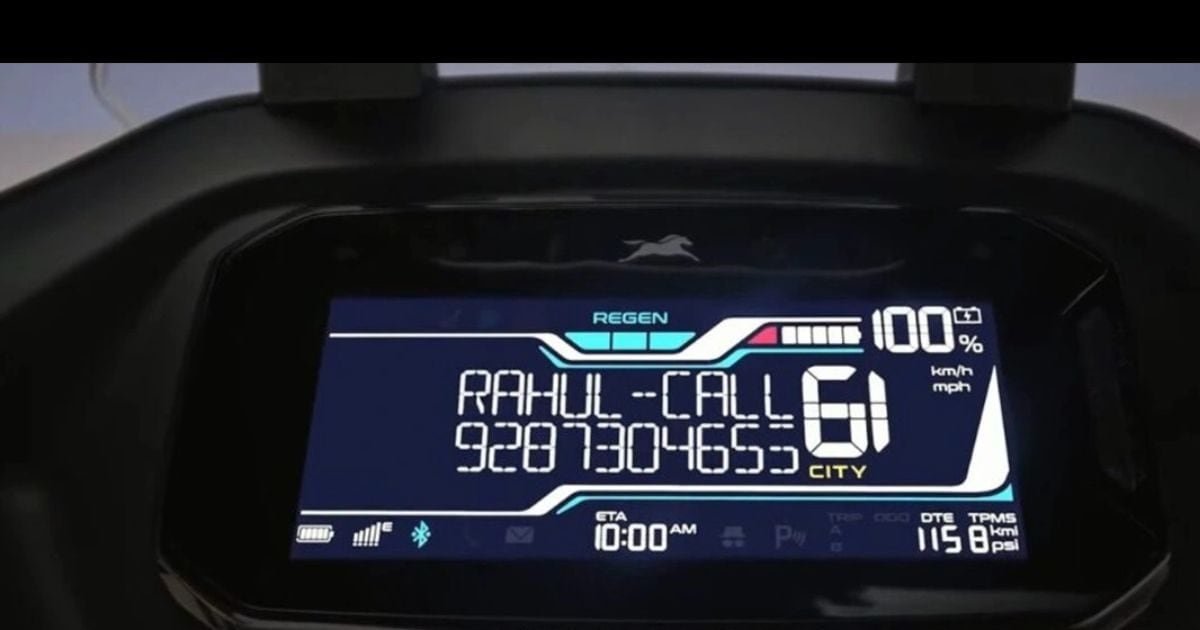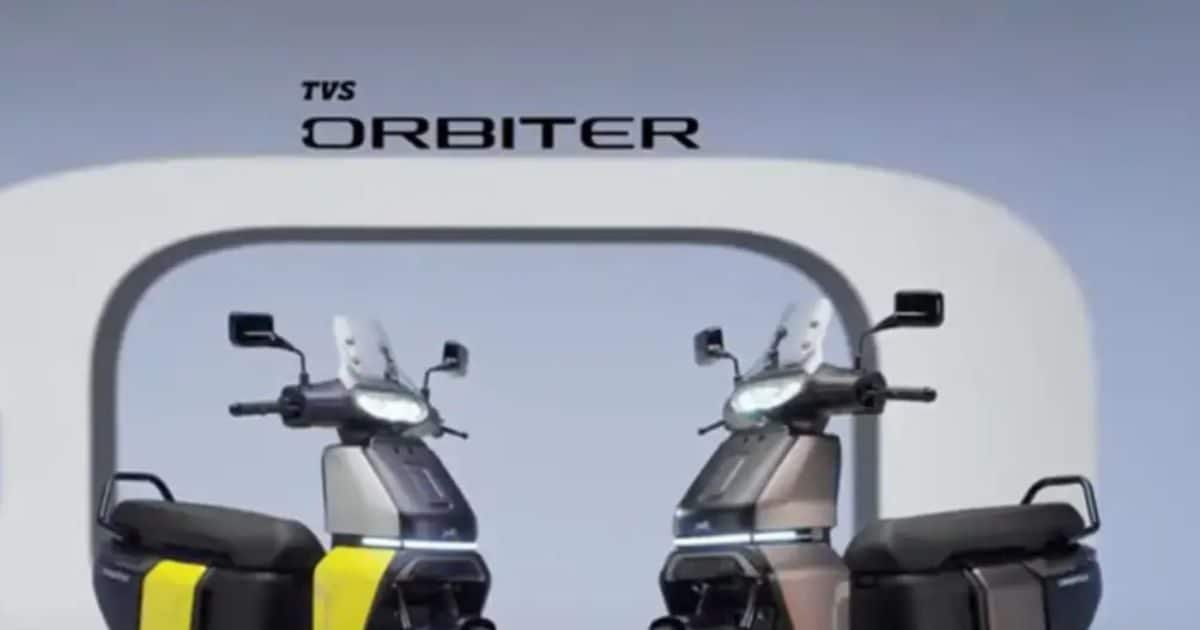Ethanol-blended petrol: What people and manufacturers say about its use and impact

Unusual Wear and Tear
A new poll conducted by Local Circles, which received 37,000 answers from 331 districts across India, indicates that the fears for some older petrol cars are valid. About 28% of the individuals who purchased the vehicle in 2022 or earlier reported experiencing unusual wear and tear or having to go for repairs this year on parts such as the engine, fuel line, tank, or carburettor.According to the same survey, 52% of respondents would favour offering E20 as an optional product at a 20% reduced price rather than a flat mandate at the same cost.
Drop in Fuel Efficiency
According to automotive industry experts, using E20 fuel could result in a 2-5% loss in fuel efficiency, depending on the type of vehicle. Automotive engineers working with some of the major automakers told PTI that in older vehicles that are not E20 compliant, gaskets, fuel rubber hoses, and pipes may erode over time, but not immediately.
“There can be a drop in mileage ranging from 2 to 5%, depending on the type of vehicle. This is purely because of the lower calorific value of ethanol compared to petrol,” the expert, requesting anonymity, was quoted as saying by the news agency.
Understanding the E20 Petrol
In April 2023, the Indian government launched E20 fuel to minimise carbon emissions and improve national sustainability goals. E20 fuel is a blend consisting of 20% ethanol and 80% petrol. The nationwide rollout of E20 fuel has caused concern among owners of older vehicles not designed for it.
While it reduces emissions and crude oil imports, older vehicles designed for E10 may experience a reduction in fuel efficiency ranging from 5 to 7% and more wear and tear. Although newer flex-fuel vehicles can manage such blends, it is important to note that the majority of vehicles currently in operation within the country are calibrated for E10 fuel.
Documents from car manufacturers also show the risks:
Jeep acknowledges the risks with ethanol blends above 10% (E10) in its user manuals, warning of engine malfunction, material degradation, and permanent damage.
TVS Motors highlighted that older vehicles needed upgrades or retrofits to safely use E20 fuel.
Supreme Court to Hear PIL On September 1
A Public Interest Litigation (PIL) has also been filed in the Supreme Court by advocate Akshay Malhotra a few days ago on ethanol blending. The case will be heard by a bench led by Chief Justice of India BR Gavai, Justices K Vinod Chandran and NV Anjaria on September 1.
What the Government Says About Mileage, Damage Risks & Other Concerns
Since the debate on E20 began, the Indian government has made a number of statements and tweets highlighting the benefits of mixed fuel.
In a detailed statement posted on X on August 4, the Ministry of Petroleum and Natural Gas said, “Ethanol, being lower in energy density than petrol, results in a marginal decrease in mileage, estimated at 1-2% for four-wheelers designed for E10 and calibrated for E20, and around 3-6% in others. This marginal drop in efficiency can be further minimised through improved engine tuning and use of E20-compatible materials, which leading automobile manufacturers have already adopted.”
????Some articles/ reports in the media have raised concerns about the potential negative impact of 20% ethanol blending (E20) in petrol, particularly with regard to older vehicles and customer experience. These concerns, however, are largely unfounded and not supported by…
— Ministry of Petroleum and Natural Gas #MoPNG (@PetroleumMin) August 4, 2025
In terms of material corrosion, the ministry stated that the safety standards for E20 are well established through BIS specifications and automotive industry standards. “Replacement of some rubber parts/ gaskets could be advised in certain older vehicles after prolonged use of say 20,000 to 30,000 kms. This replacement is inexpensive and easily done during regular servicing of the vehicle,” it added.
In response to the further queries, the ministry issued another detailed response on August 12. The government termed claims that using E20 petrol leads to a ‘drastic’ reduction in fuel efficiency in older vehicles as ‘misplaced.’
RESPONSE TO CONCERNS ON 20% BLENDING OF ETHANOL IN PETROL AND BEYOND
Biofuels and Natural Gas are India’s bridge fuels. They represent a viable, non-disruptive transition towards meeting our commitments to a greener world and are in line with our Nationally Determined… pic.twitter.com/A8Aoh3CuTe— PIB India (@PIB_India) August 12, 2025
“Vehicle mileage is influenced by a variety of factors beyond just fuel type. These include driving habits, maintenance practices such as oil changes and air filter cleanliness, tyre pressure and alignment, and even air conditioning load. The efficiency drop (if any) in E 10 vehicles has been marginal. For some manufacturers, vehicles have been E 20 compatible from as far back as 2009. The question of any drop in fuel efficiency in such vehicles does not arise,” it said.
Discover more from News Hub
Subscribe to get the latest posts sent to your email.







